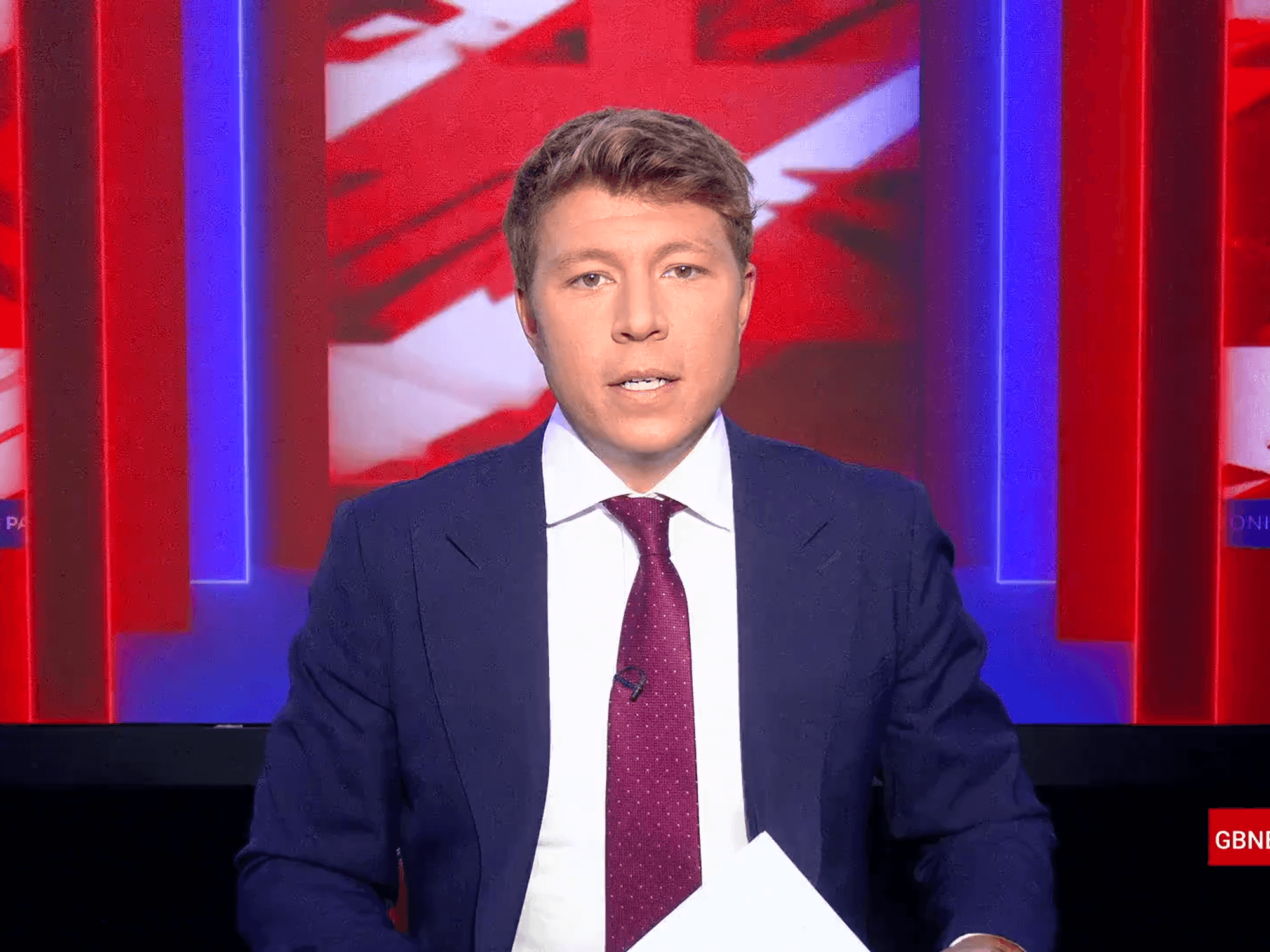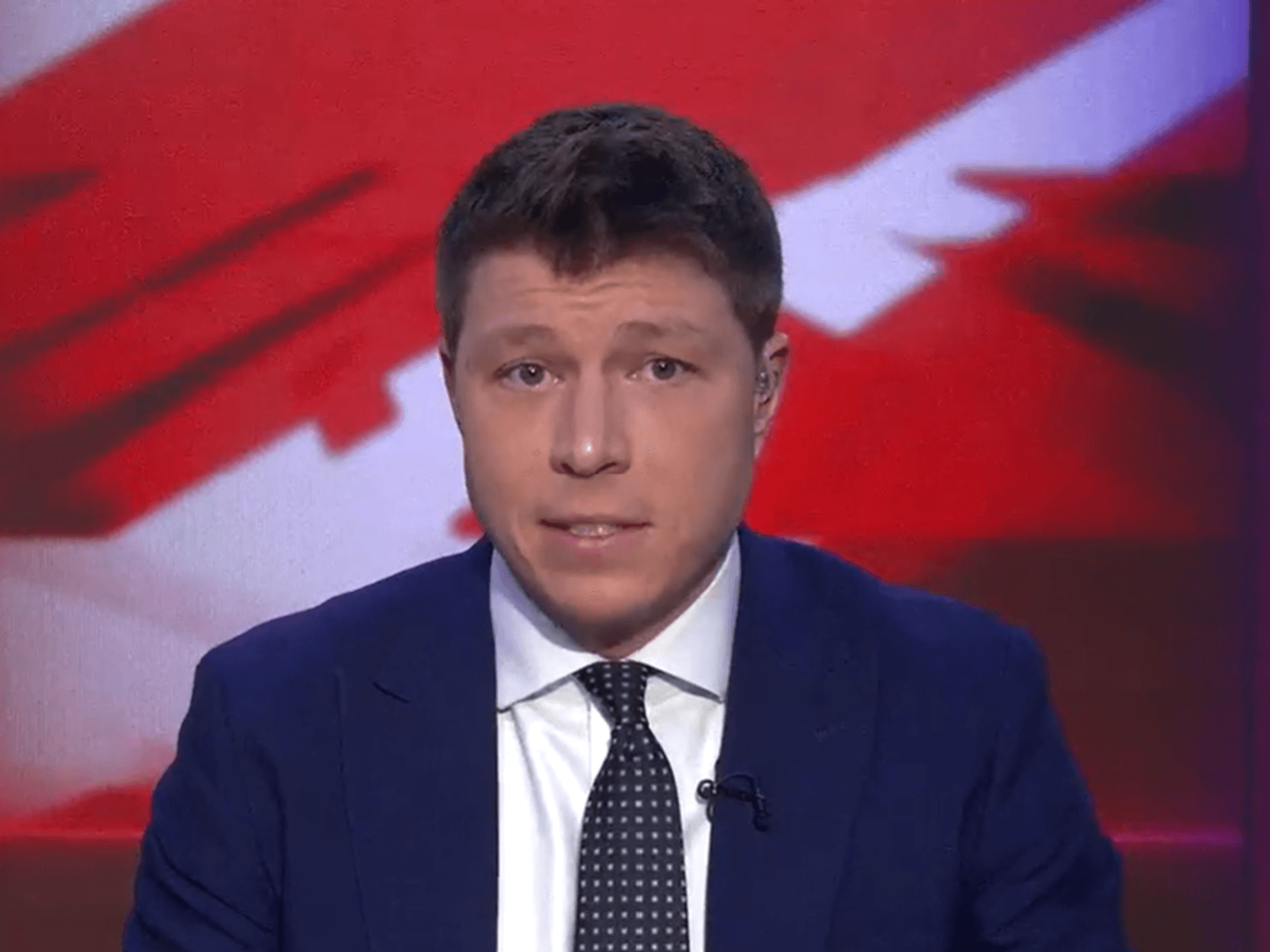Mortgage lending skyrockets as Britons rush to avoid tax charge ahead of stamp duty deadline
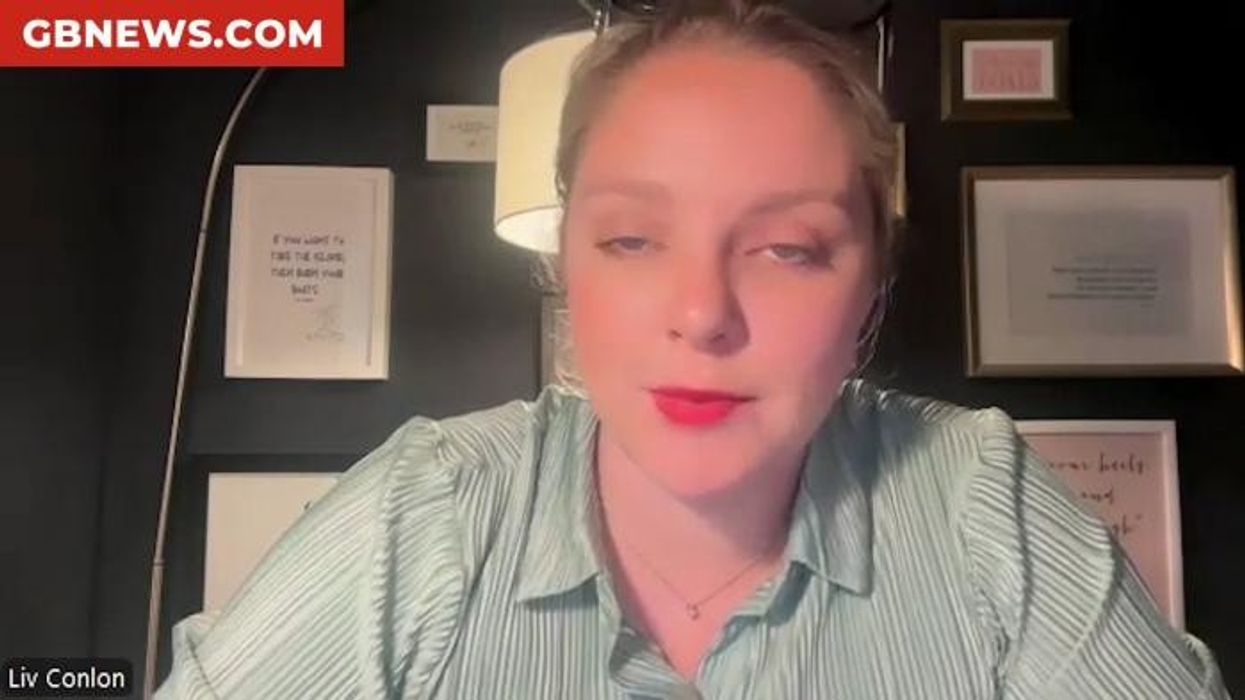
Property expert Liv Conlon shares her top colour tips for a fast home sale |
GB NEWS

Stamp duty is a tax charge levied on people who purchase properties above a certain price
Don't Miss
Most Read
Latest
UK mortgage lending surged to a four-year high in March as homebuyers rushed to complete purchases before stamp duty changes took effect on April 1.
Bank of England figures show the imminent tax changes triggered a dramatic 290 per cent increase in mortgage borrowing from the public.
This spike came as buyers sought to save thousands of pounds by finalising deals before the more generous stamp duty discounts ended.
Lloyds Banking Group, one of Britain's biggest home loan providers, reported that March 27 was its busiest day ever for mortgage lending.

Britons are attempting to avoid paying more in stamp duty
| GETTYThe Bank of England data revealed that net borrowing of mortgage debt jumped by £9.7billion to reach £13billion in March 2025. Overall lending hit £39.9billion, the highest figure since June 2021.
Banks and building societies experienced a rush in mortgage applications as buyers tried to beat the deadline to save on stamp duty costs.
Despite the surge in lending, the number of mortgage approvals for new home purchases fell for the third consecutive month in March.
This decline, seen by many as a better indicator of the housing market's health, suggests borrowing may slow down in the near future.
Do you have a money story you’d like to share? Get in touch by emailing money@gbnews.uk.
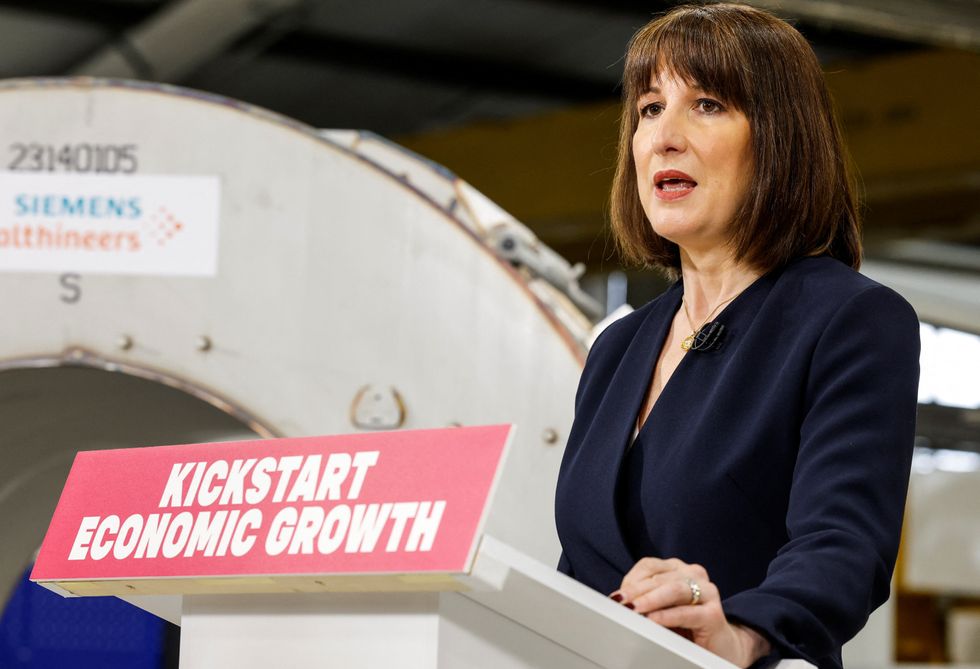
Rachel Reeves has made multiple changes to the tax system
| PAThe Bank of England reported that mortgage approvals dropped by 800 to 64,300 in March. This downward trend signals potential cooling in the property market following the stamp duty changes.
On April 1, the stamp duty discounts became less generous, with the "nil rate" band for first-time buyers falling from £425,000 to £300,000. Other homebuyers saw a reduction from £250,000 to £125,000.
These changes from Chancellor Rachel Reeves meant buyers completing purchases after the deadline faced significantly higher tax bills.
As such, the tax adjustments created a clear incentive for buyers to finalise their property transactions before the end of March.
Rosie Hooper, chartered financial planner at Quilter Cheviot, outlined the real-world impact of the tax changes.
She explained: "While the stamp duty changes certainly spurred on prospective first-time buyers and home movers, net mortgage approvals for house purchases, which is indicative of future borrowing, fell for the third consecutive month."
LATEST DEVELOPMENTS:
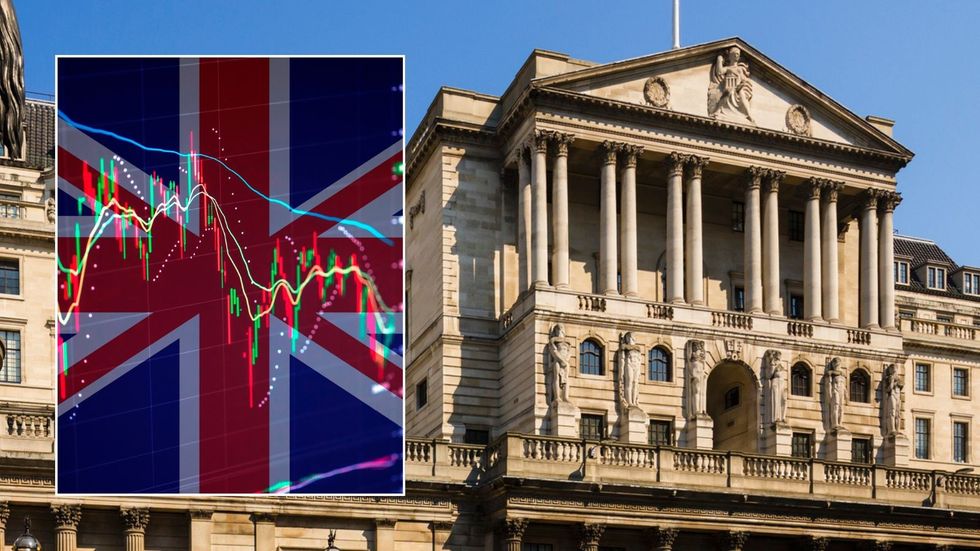
New Bank of England data is shining a new light on the impact of recent stamp duty changes
| GETTY"We are likely to see an equally sharp slowdown in the coming months," she added.
First-time buyers face particular challenges under the new rules, according to property market analysts.
A buyer purchasing a £500,000 property now needs to pay £10,000 in stamp duty, compared with £3,750 previously.
Hooper warned this adds "a considerable affordability hurdle at a time when many buyers, particularly those looking to take their first step onto the ladder, are already stretched".









